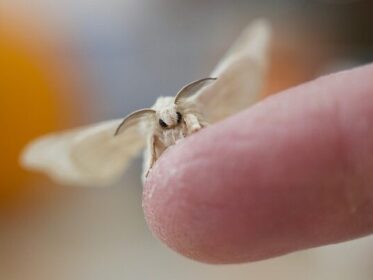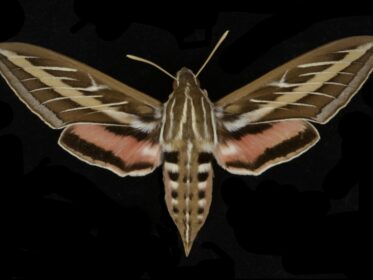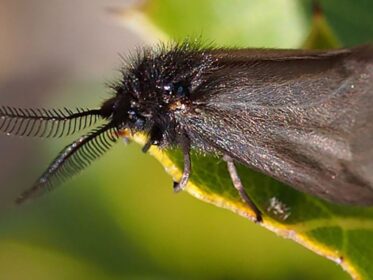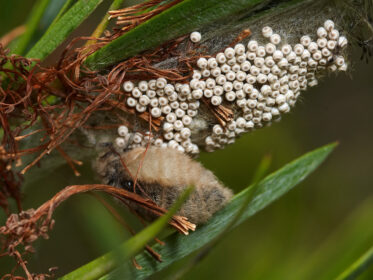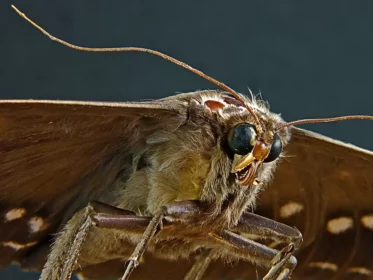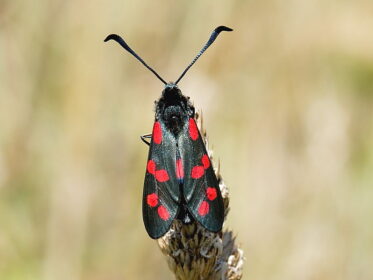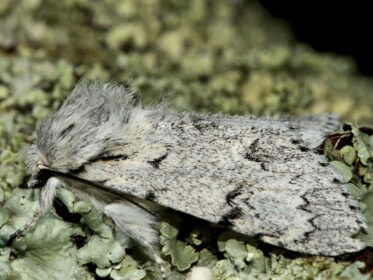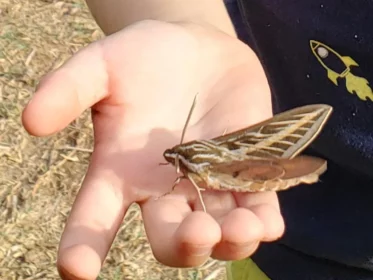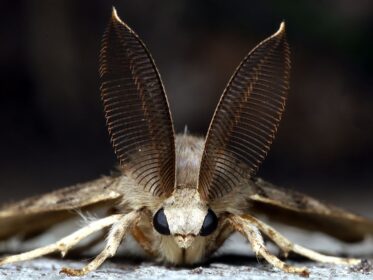
Do Moths Have Blood? Mysterious Circulatory System of Moths
Yes, moths, like other insects, have a circulatory system that carries a fluid similar to blood. However, this fluid is not called “blood” in insects; it is referred to as “hemolymph.” Hemolymph serves a similar function to blood in vertebrates but differs in composition. Insects, including moths, have an open circulatory system. This means that…
Continue reading Do Moths Have Blood? Mysterious Circulatory System of Moths

